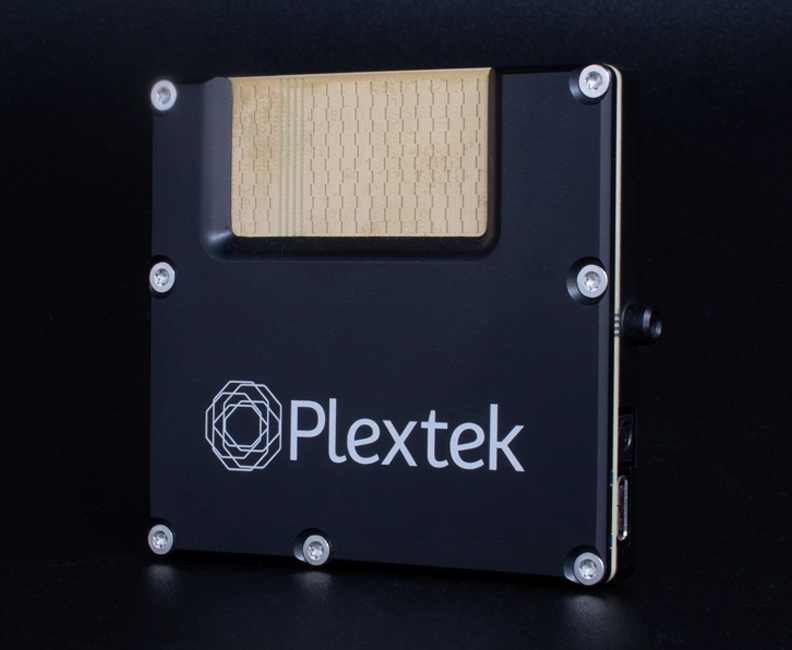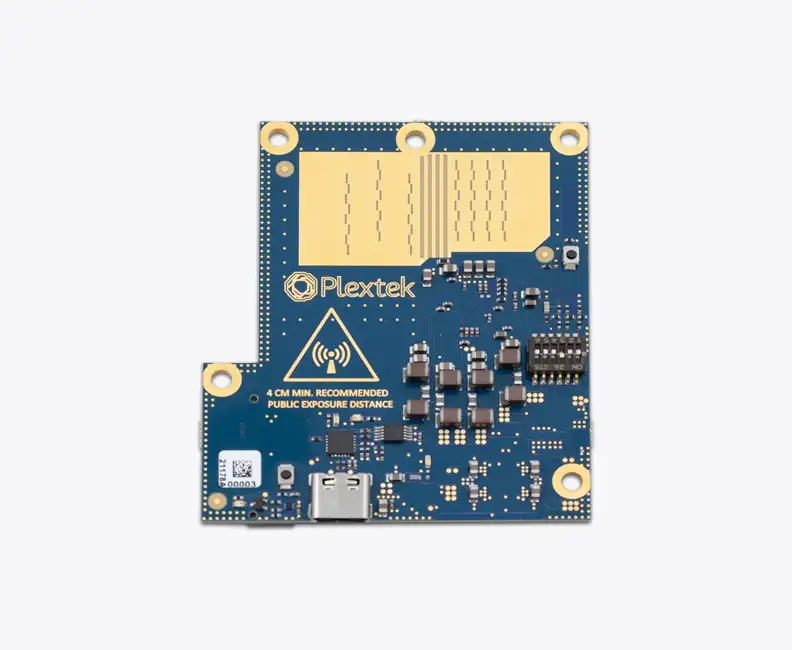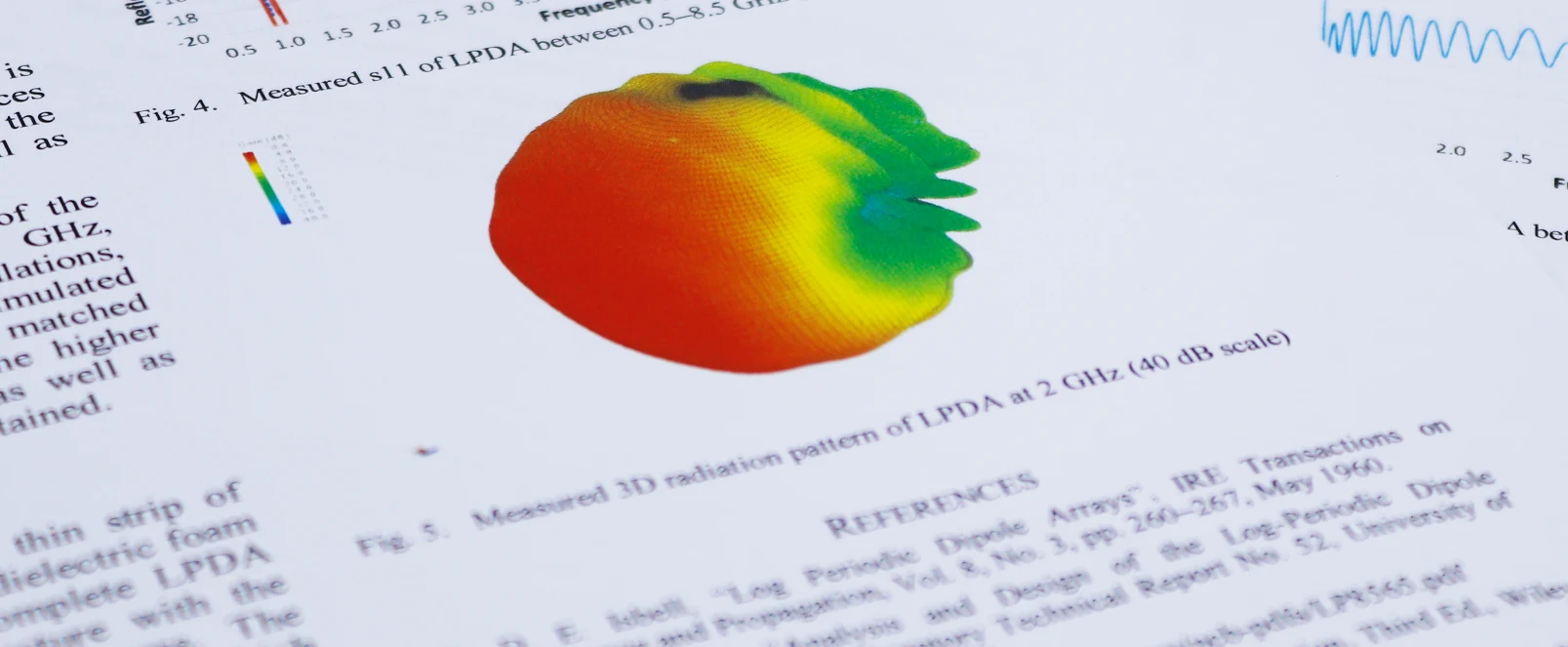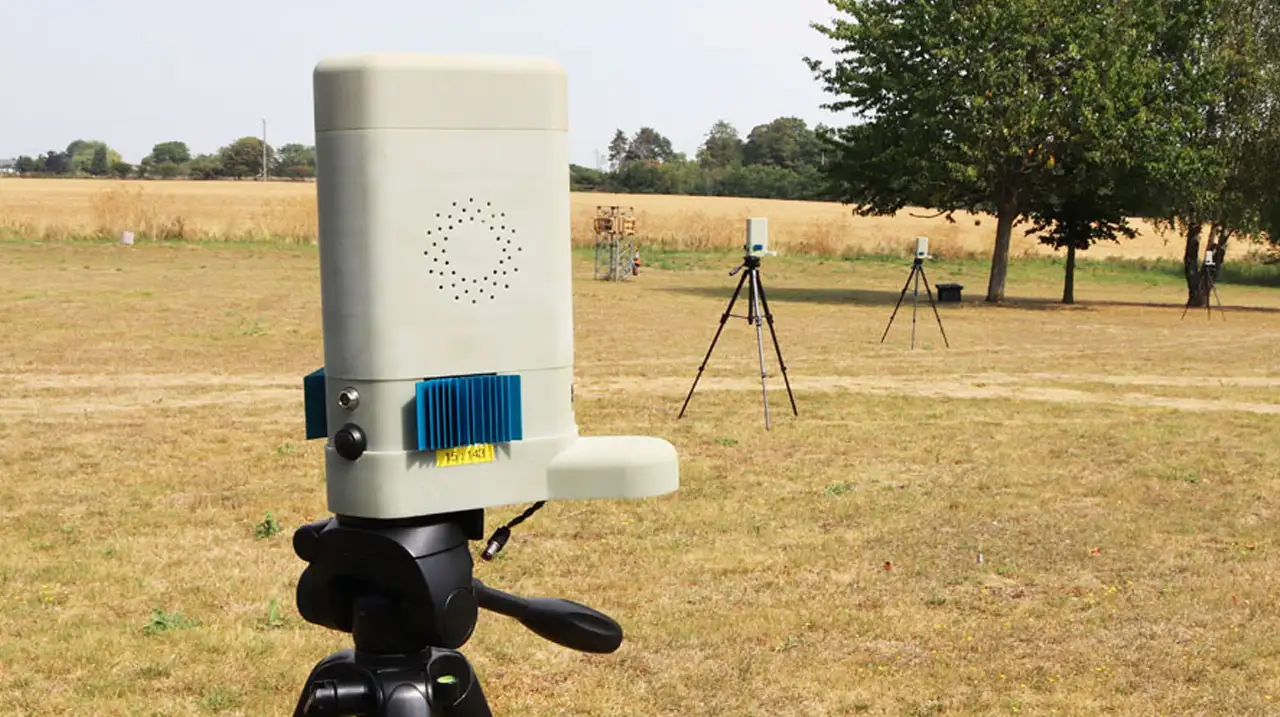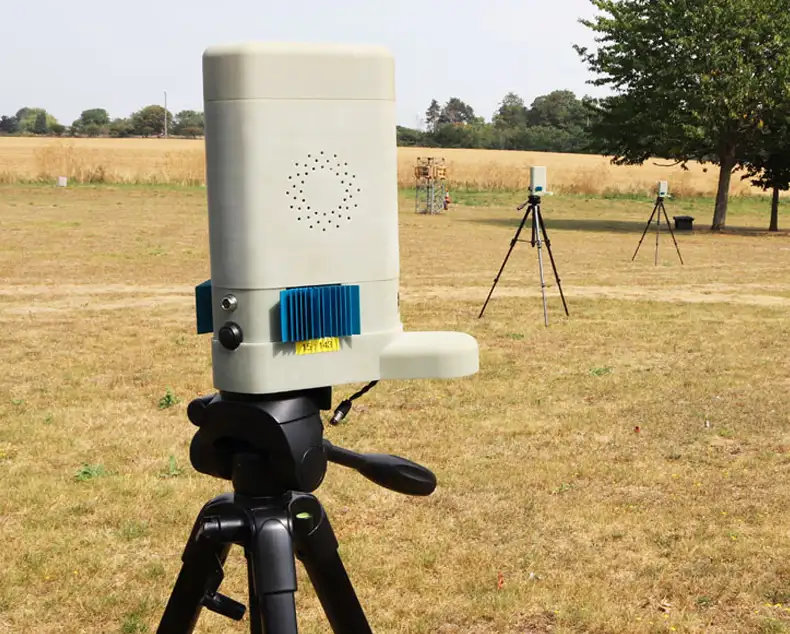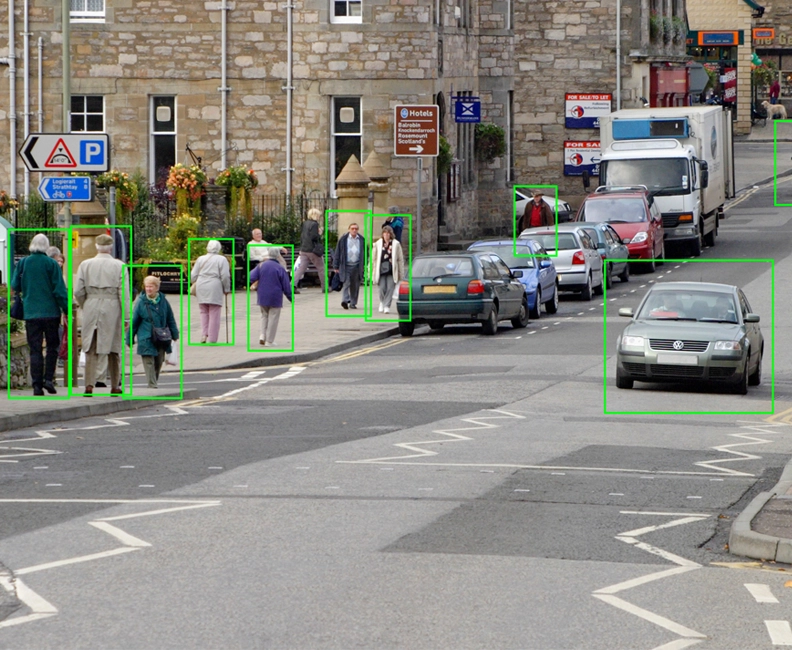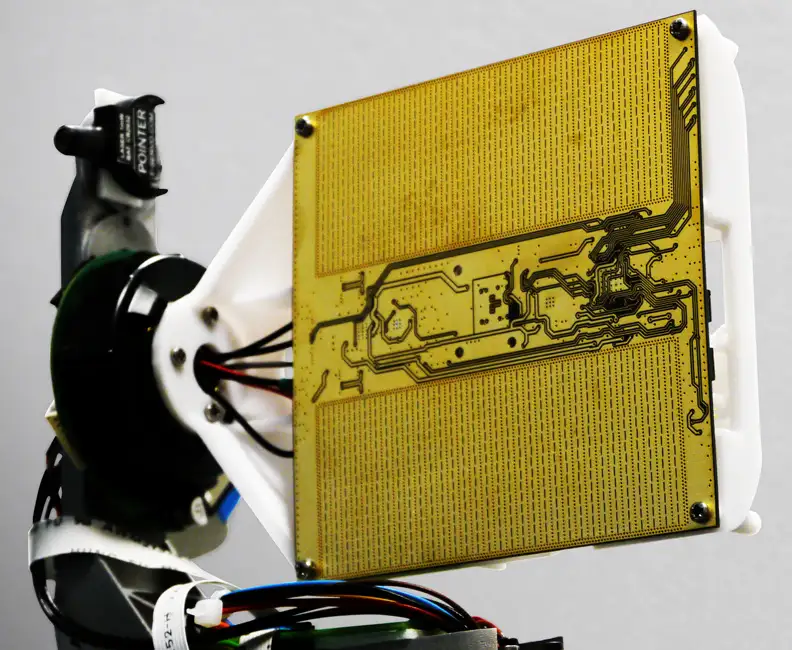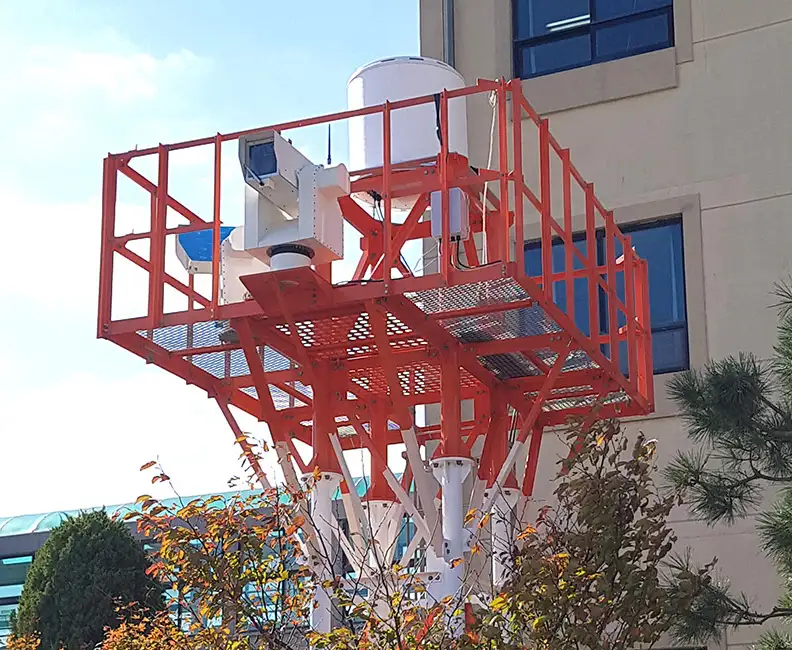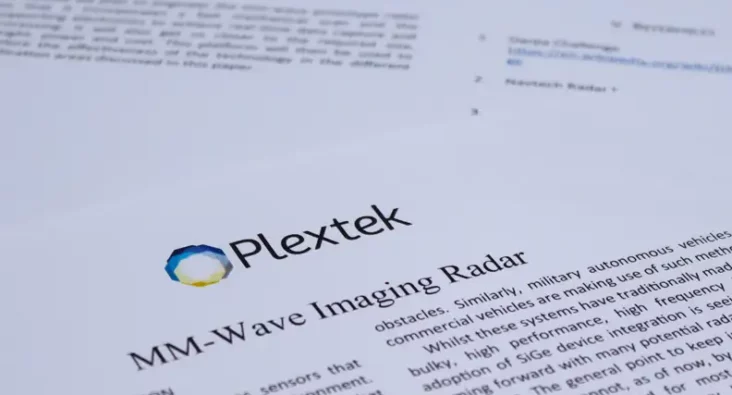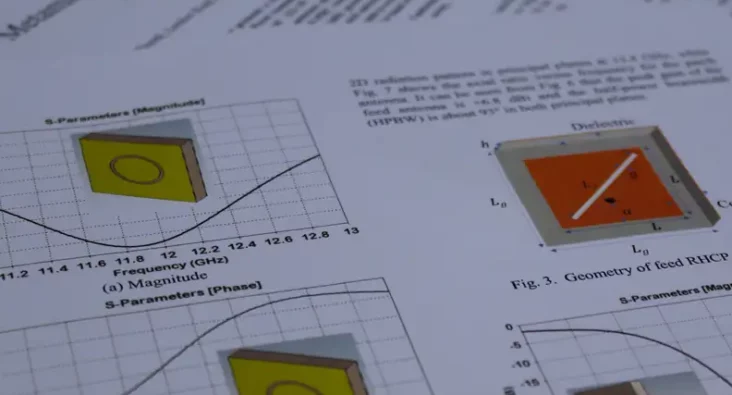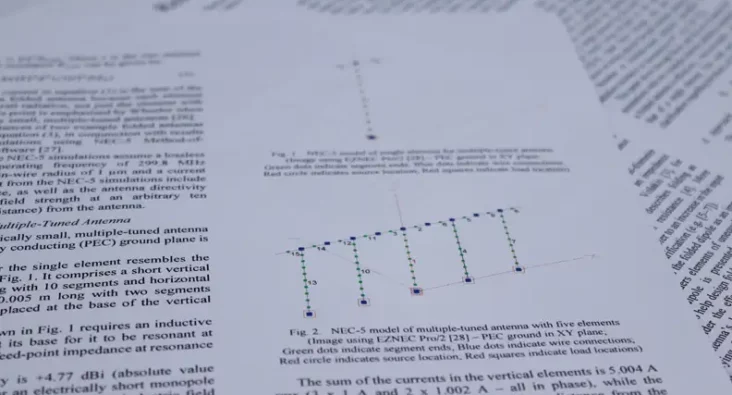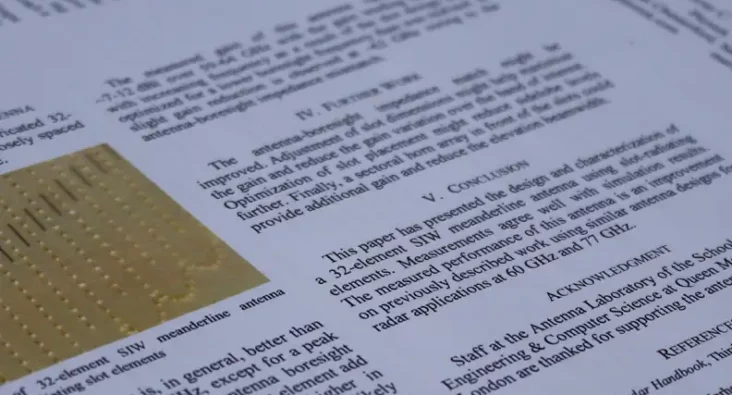The Challenge
Plextek led a four-year research programme into an Adaptive Communications Transmission Interface (ACTI) on-behalf of UK Government’s Defence Science and Technology Laboratory (Dstl).
The purpose was to explore the benefits of introducing directional antennas into a wireless mesh radio system and necessary modifications to the communication protocol.
Directional antennas have many potential benefits:
- increase communications range or reduce transmission power through increased gain in one direction.
- Reject incoming interference due to their attenuation in other directions.
- Interfere less with other users in the same and other networks.
- Enable more covert communication.
If the antenna beams are not pointed in the right direction, however, they could perform significantly worse than a conventional omnidirectional system. In a fixed point to point system the antennas can be directed manually. In a highly mobile network with many nodes in a problematic environment this is not possible, and even automatic physical layer only based steering may be insufficient.
The Approach
Under the ACTI programme, Plextek led a team of experts from academia to investigate cross-layer processing to enable Mobile Ad-Hoc Network (MANET) radio systems to utilise directional antenna techniques. The key objectives of the programme were to create disruptive technologies that improve the quality, reliability, data rates, detectability, and range of military communications systems.
An agile, verification chain-based approach was used across the multi-disciplinary teams of researchers. Here the techniques were investigated using various tools which balanced speed of use and flexibility with how detailed and realistic they are. Once a promising research avenue had been found this was implemented in the next most complex and lifelike tool to validate the results.
The Outcome
This was an important programme for the Ministry of Defence as MANET communication systems are currently limited by the range of an individual radio link and self-interference as messages are repeated through the network. Several novel pieces of enabling technology were developed:
- A joint routing and antenna steering algorithm for MANETs utilising cross-layer processing techniques.
- An integrated, direction aware, load balancing, differentiated Quality of Service based approach optimised for users’ specific requirements.
- Novel 3D printed compressed Luneburg lens antennas which reduce system size and weight.
- A rapid accurate simulator, integrating bespoke raytracing and transmission line modelling propagation calculations, enabling protocol development and machine learning based optimisation.
Practical demonstrators were produced to prove the technology and benefits in the real world. These corroborated the simulation results which showed increased range, reduced electromagnetic signature, lower latency, significantly lower probability of disruption and higher goodput, outperforming other systems especially in harsh environments.






